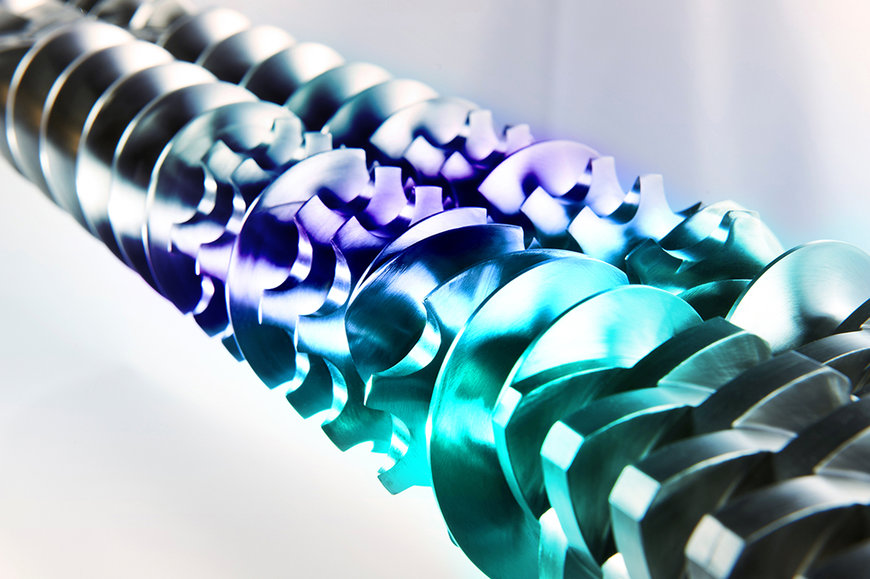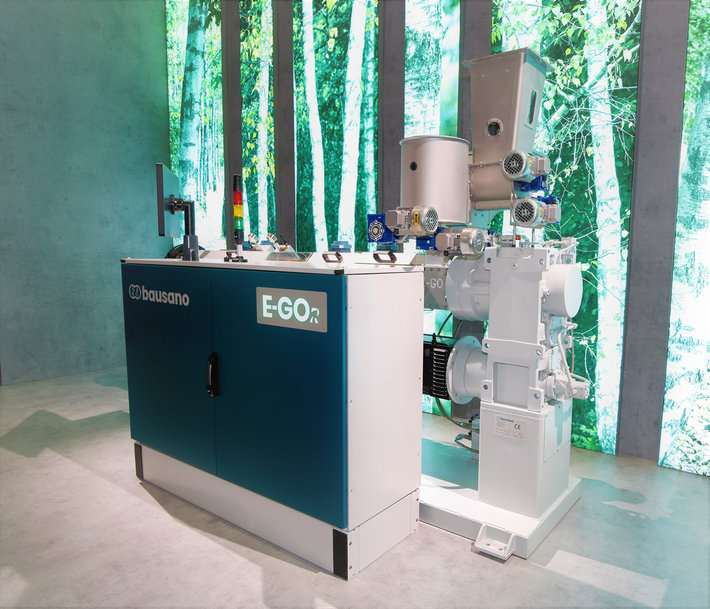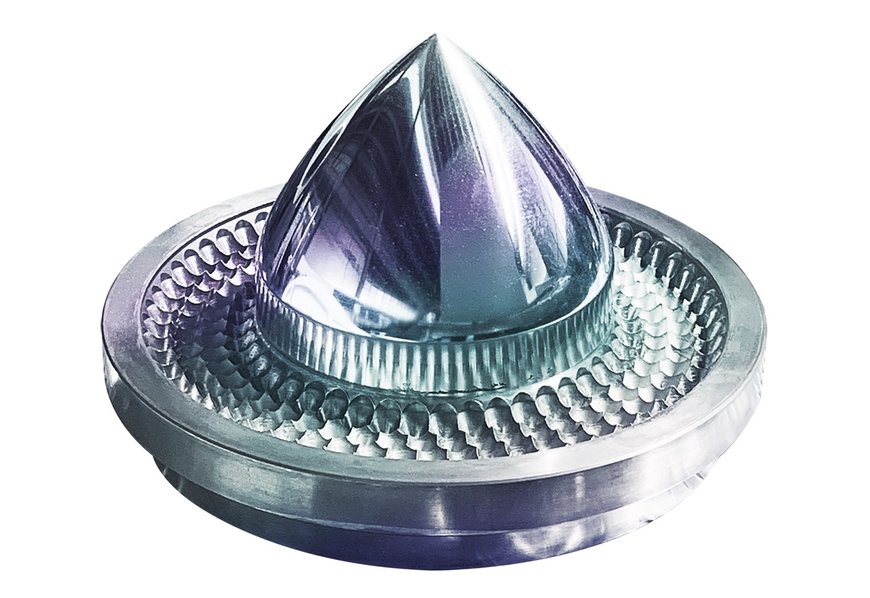www.magazine-industry-usa.com
11
'23
Written on Modified on
BAUSANO TECHNOLOGIES AT THE SERVICE OF REGRANULATION AND PLASTIC RE-PROCESSING
The plastics industry is experiencing continuous growth: An increase due to both the material's versatility, suitable for multiple applications, and its recyclability, which makes it a valid and environmentally friendly alternative thanks to which rising costs and raw material shortages can be dealt with.

In this regard, there is a growing need to reintroduce post-industrial or post-consumer waste back into the production cycle, viewing it as a valuable resource. Thanks to its own know-how, consolidated over more than 75 years of activity, Bausano specializes in finding ad hoc solutions aimed at converting regenerated material into quality products, besides developing dedicated extrusion lines for the recycling of the main polyolefins (HDPE, LDPE and PP) or for the regranulation of rigid or flexible PVC.
Challenges in plastics recovery
The first challenge in re-processing waste polymers is their degradation, due to the stress suffered by the material, in its virgin state, during initial processing. Specifically, high temperatures and shear forces strongly affect the polymer chain and change its properties. The second challenge, is the risk of wear and damage to the metal components of the plants processing the scrap. In fact, post-consumer and/or post-industrial thermoplastic material is typically characterized by the presence of impurities, such as glass fibers or metal. The cheapest raw materials are often the most polluted and mixed with other materials, thus the most complex to process.
This problem can be addressed, in the first instance, by integrating the best filtration technology into the extrusion plant to purify the plastic from extraneous residues. In addition, Bausano - leading international player in the design and production of customized extrusion lines for the transformation of plastic materials - designs and customizes technologically advanced solutions by intervening on individual components. In fact, the special protective coatings applied not only to the screws but also to the collector, granular head and blades of the cutting system, do stand out. Such protective coatings of metal parts are made entirely in-house and designed according to the rheological behavior of polymers in order to ensure their processability and maximum performance in the extrusion process.

Special finishes of metal components
Two finishes that provide excellent wear and corrosion resistance are available: the innovative metallic glass and ceramic-based coatings. The former, by virtue of its chemical properties promotes melt flow during processing. The second is made through a coating with ceramic properties, which has a low coefficient of friction and is able to cope with aggressive environmental conditions. It is, in fact, ideal for extrusion and molding processes of polymers containing chloride and fluoride. Finally, these coatings, which are applied on screws, extrusion heads in addition to granulation die plates and manifolds, are a guarantee of plant operational continuity over time and of low maintenance costs.
Specially designed components down to the smallest detail
Among the advantages offered by Bausano in the area of designing lines for re-processing scrap material is the study of several variables which affect the processing of raw material: cylinder temperature, screw rotation speed and pressure. First, in order to eliminate stagnation zones that can cause material degradation, Bausano designs screws by taking into analysis the diameter, length, pitch, channel depth and compression ratio. Second, screws should not have special mixing zones (Notching zones), as this would compromise the quality of the extrudate. Bausano also provides a degassing system, an innovative screen changer with filter meshes with a special geometry to prevent stagnation and with an automatic breaker plate ejection system. Finally, of vital importance is the careful control of the temperature at which gelation is achieved, in the range of 150°C to 170°C depending on the formulation.

E-go r, revolutionizing polyolefin recycling
Bausano previews the next-generation E-GO R extruder, designed for recycling and repelletizing post-industrial and post-consumer waste, both highly humid and heavy films, with low water content. These include: HDPE such as containers for milk, motor oil, shampoo, conditioner, soap, detergent, and bleach; LDPE i.e., transparent films, shopping bags, and squeezable bottles; PP related to lunch boxes, yogurt pots, syrup and medicine bottles, and caps. The contaminated material, after the washing and crushing stage, is conveyed into the extruder by a force-feeding system specifically designed according to the type of use. In the process, moisture and volatiles are removed by means of a single- or dual-zone degassing system. The extruded mass is then filtered and directed to the water or immersion cutting system for perfect uniformity of the obtained granule surface.
www.bausano.com

